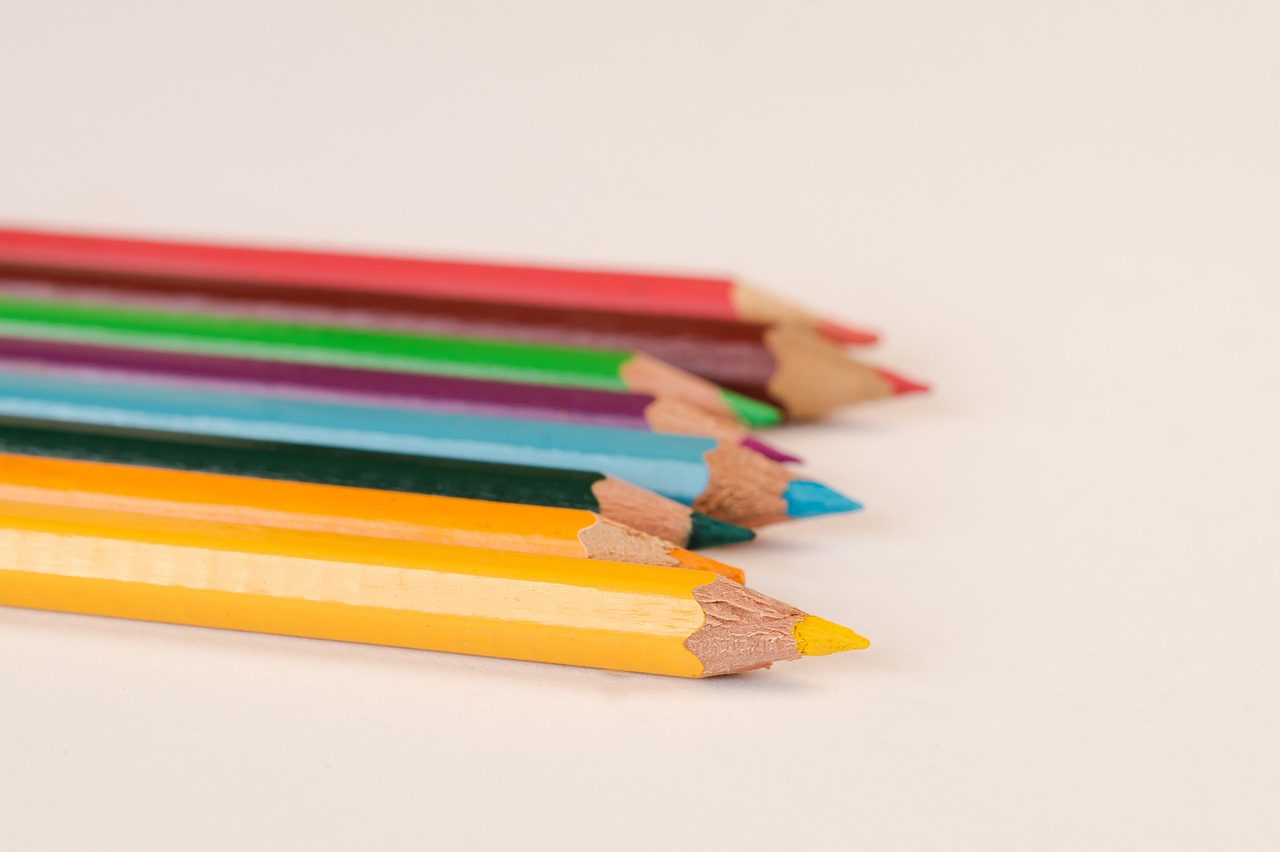The Benefits of Tutoring in Closing Achievement Gaps
99 exch, laser 247 com, yolo 247 login:As a parent, it’s natural to want your child to succeed in school and excel academically. However, for many students, achieving high grades and mastering subjects can be a struggle. Achievement gaps can widen, leading to frustration and a lack of confidence. This is where tutoring can make a significant difference in closing those gaps and helping students reach their full potential.
So, what are the benefits of tutoring in closing achievement gaps? Let’s break it down:
1. Personalized attention
One of the key benefits of tutoring is the personalized attention that students receive. In a classroom setting, teachers have to cater to the needs of an entire class, which can make it challenging to provide individualized support. With tutoring, students can work one-on-one with a tutor who can tailor lessons to their specific needs and learning styles.
2. Improved academic performance
Tutoring can lead to improved academic performance by helping students understand difficult concepts, fill knowledge gaps, and build critical thinking skills. With regular practice and guidance, students can boost their grades and gain the confidence they need to succeed in school.
3. Increased motivation
Struggling students often feel demotivated and uninspired in their studies. Tutoring can help reignite their passion for learning by making lessons engaging, relevant, and enjoyable. Tutors can provide encouragement and support, helping students stay motivated and focused on their academic goals.
4. Building confidence
Achievement gaps can erode students’ confidence and self-esteem. Tutoring can help build students’ confidence by focusing on their strengths, celebrating their successes, and providing constructive feedback. As students make progress and see improvement, their confidence will grow, leading to a more positive attitude towards learning.
5. Closing learning gaps
Students who are falling behind in their studies may have significant learning gaps that need to be addressed. Tutoring can help bridge these gaps by providing additional practice, reinforcement, and clarification on difficult topics. Tutors can help students catch up to their peers and stay on track with their academic goals.
6. Preparation for exams
Whether it’s preparing for a standardized test, a final exam, or a college entrance exam, tutoring can help students develop effective study skills, test-taking strategies, and time management techniques. Tutors can provide practice tests, review sessions, and targeted feedback to ensure that students are well-prepared and confident on exam day.
In conclusion, tutoring can be a valuable resource for students who are struggling academically and facing achievement gaps. With personalized attention, improved academic performance, increased motivation, building confidence, closing learning gaps, and preparation for exams, tutoring can make a significant difference in helping students reach their full potential and close the achievement gaps.
FAQs:
1. How often should my child attend tutoring sessions?
It depends on your child’s needs and schedule. Some students benefit from weekly sessions, while others may only need occasional support. Discuss with your child’s tutor to determine the best frequency for tutoring sessions.
2. How can I find a qualified tutor for my child?
You can ask for recommendations from teachers, friends, or search for tutoring services online. Look for tutors who are experienced, knowledgeable in the subject area, and have a proven track record of helping students succeed.







